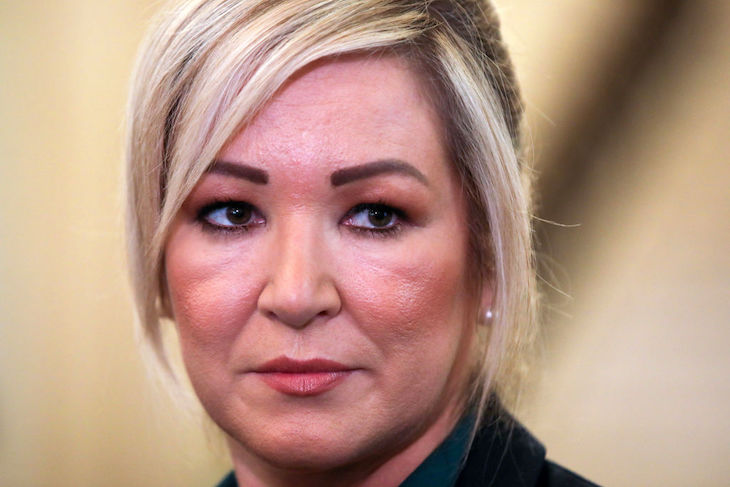The resumption of devolution in Northern Ireland – scheduled for tomorrow after the Democratic Unionist Party (DUP) reached a deal with the UK Government earlier this week – marks a big moment: for the first time in the history of Northern Ireland, there will be a nationalist First Minister.
Sinn Fein, a party still viewed by the security services as being in lockstep with the IRA, became the largest party at the 2022 Assembly Election.
Already a subscriber? Log in
Subscribe for just $2 a week
Try a month of The Spectator Australia absolutely free and without commitment. Not only that but – if you choose to continue – you’ll pay just $2 a week for your first year.
- Unlimited access to spectator.com.au and app
- The weekly edition on the Spectator Australia app
- Spectator podcasts and newsletters
- Full access to spectator.co.uk
Or




















Comments
Don't miss out
Join the conversation with other Spectator Australia readers. Subscribe to leave a comment.
SUBSCRIBEAlready a subscriber? Log in